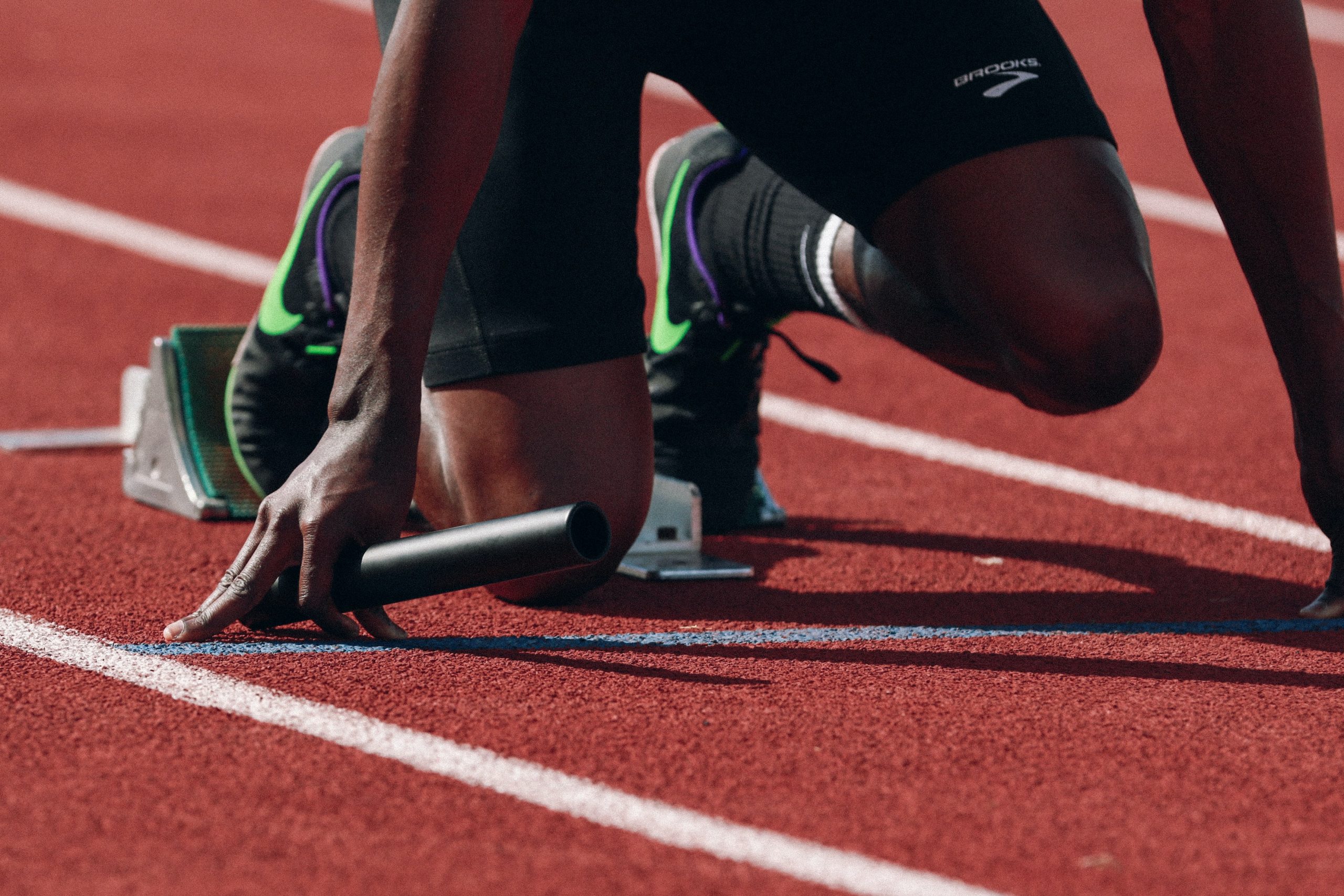Last Tuesday, December 7th, Kaya Mind, a Brazilian consultancy specializing in the cannabis market, presented the newest study: “Cannabis and Sports”. The unprecedented survey sent first-hand to Cannabiz, indicates that the sports segment can generate business of more than US 162 million per year for medicines and herbal products. This amount, according to the company, would bring a collection of US 53 million in annual taxes for the public coffers.
Projections of this type in the world of cannabis are usually optimistic and take into account a series of factors that are not always confirmed, as they depend on regulation and acceptance by doctors, patients, and other consumers. Even so, the document points to yet another global trend and reinforces the potential of cannabis in an aspect still little explored in Brazil. In the rest of the world, the interest of athletes, amateurs and professionals, for the benefits of the plant, mainly its analgesic and anti-inflammatory effects have been growing. The evidence accumulated in research and clinical experiences even led the always rigorous world anti-doping agency (WADA) to remove cannabidiol (CBD) from the list of prohibited substances during competitions. At the Tokyo Olympic Games, held this year as a result of the pandemic, therapeutic cannabis was already released to alleviate pain and speed up the recovery of competitors.
The Kaya Mind report, which was released and made available for free on December 7th, used official sources that were based on research and internal metrics from the consultancy. To project the market size, 24 relevant sports in Brazil were selected and the three profiles of athletes with the greatest potential to use cannabis medicinally. In addition, 15 sociocultural, economic, and physiological factors of each of the modalities were considered for the analysis, which considered a projection of average consumption per person, treatment period, and the average value of the milligram of oils with CBD available in Brazil.
With these data, Kaya Mind projects that the consumption of plant derivatives among athletes of different levels (professionals, amateurs, and casual) has the potential to move US 162.8 million per year in the country, of which US 53.7 million would be collected annually in the form of taxes.
Source: Veja







